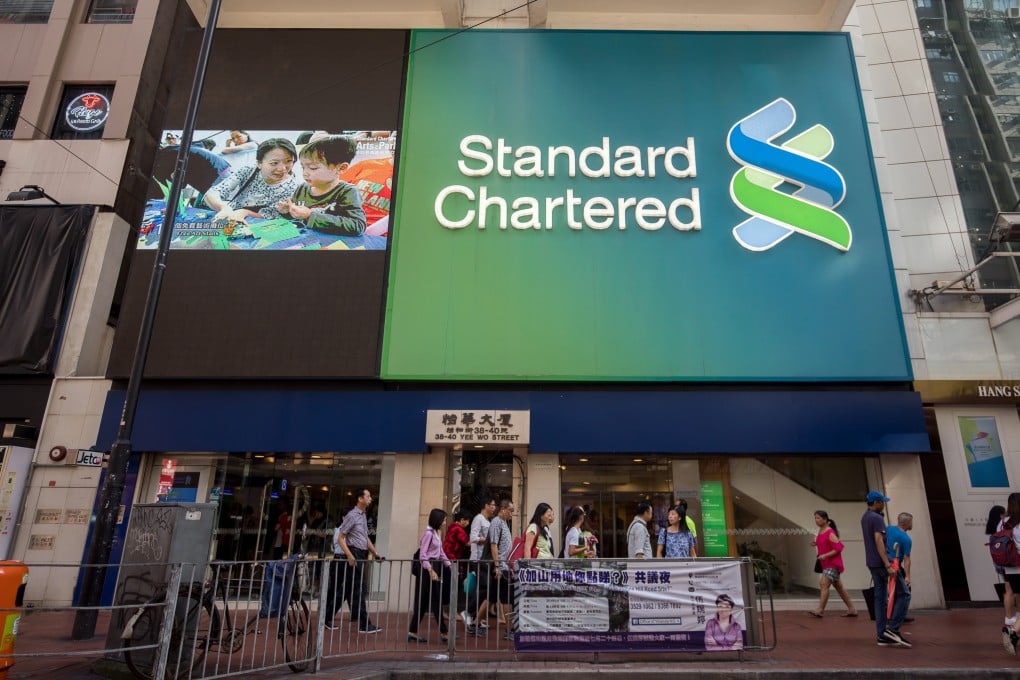Standard Chartered banks on carbon trading, as pullback in rate hikes, easing currency volatility muddy second-half outlook
- Second-half business will be challenging because of subdued volatility, says head of Hong Kong and Greater Bay Area financial markets
- Carbon credit trading ‘is the way forward’, says Standard Chartered’s John Thang

For the full year, the bank’s Hong Kong financial markets business – credit markets, macro trading, financing and issuance – is expected to grow by “a single digit” from a year earlier, after overall income stayed flat for the six months ending June, Thang said. Globally, the division is the biggest of the bank’s six business lines, accounting for more than a third of its operating income.
“Interest rate and foreign-exchange hedging demand from our clients is likely to slow down in the second half, as rate hike expectations and currency volatility ease,” he said. “The jury is still out [on whether] we will have stagflation or a recession.”

An easing in the US dollar index, a gauge of the dollar’s value against a basket of foreign currencies, will coincide with the rate hike. The gauge’s gains are likely to fizzle out in the second half, leaving various foreign-exchange rates less choppy, Thang said. The dollar index is up 9.8 per cent year to date.